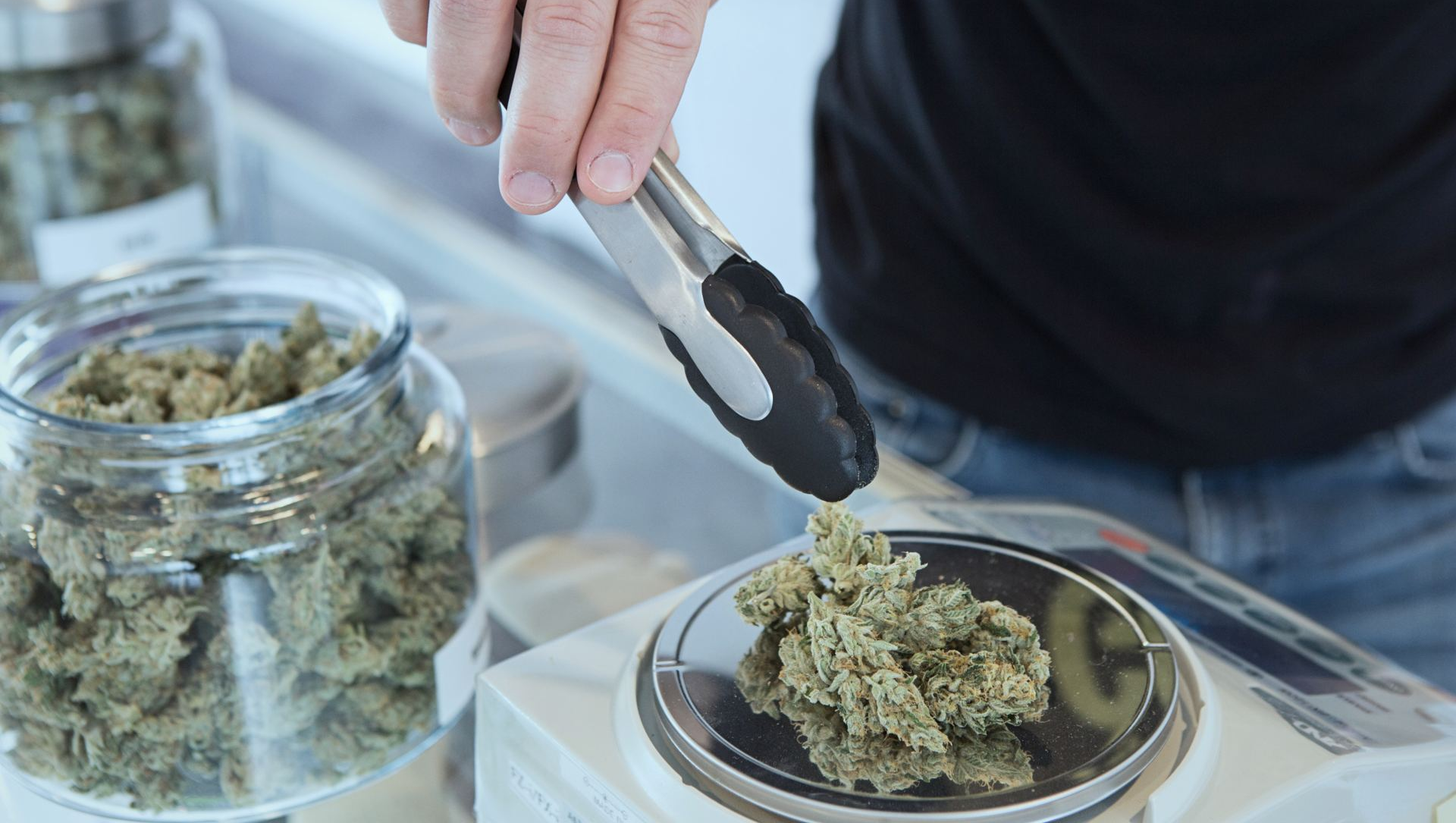
A new report illustrates just how much Michigan’s licensed medical cannabis system relied on caregiver-generated product in its first six months of sales. According to MLive, from November through April, licensed dispensaries generated over $56 million in revenue, while selling over 27,000 pounds of flower to registered patients.
The MLive report states that almost 93% of the flower sold to patients by licensed dispensaries from November through April – over 25,100 pounds – was purchased wholesale from caregivers, with licensed cultivation operations supplying only about 7%, or less than 2,000 pounds of flower, in that span.
Licensed dispensaries in Michigan had been permitted to source inventory directly from caregivers since last year due to concerns that permitted growers were still getting up and running and were unable to meet statewide demand adequately. The state’s Marijuana Regulatory Agency (MRA) issued a bulletin disallowing the practice at the beginning of May.
As of early May, licensed cultivators and processors can still purchase product from caregivers, but dispensaries may not. As we have stated in the past, and as the MLive report also notes, whether licensed growers and processors will actually take advantage of the allowance to buy caregiver production appears unlikely.
The MLive report emphasizes that the MRA’s early May decision spurred a significant shift in Michigan’s wholesale medical cannabis market. Based on the report, wholesale buyers had been largely spurning licensed cultivators in favor of caregivers, due in no small part to the fact that the latter could offer lower prices. Indeed, after stabilizing somewhat in April, Michigan’s Spot Index rose by 7.2% from the first to the final week of May in the wake of the MRA’s decision.
The MLive report also provides insight on recent unsold inventory figures. According to the report, over 5,250 pounds of flower were logged in the state’s tracking system as unsold and available for wholesale purchase at the beginning of May. That figure is lower than the over 5,700 pounds of flower sold by licensed dispensaries in April. While the production of licensed growers should increase as more come online and those already operating ramp up to full capacity, the MRA is also now licensing more dispensaries on a rolling basis, which should expand access and the amount of Michigan’s latent demand able to be captured by the regulated market.